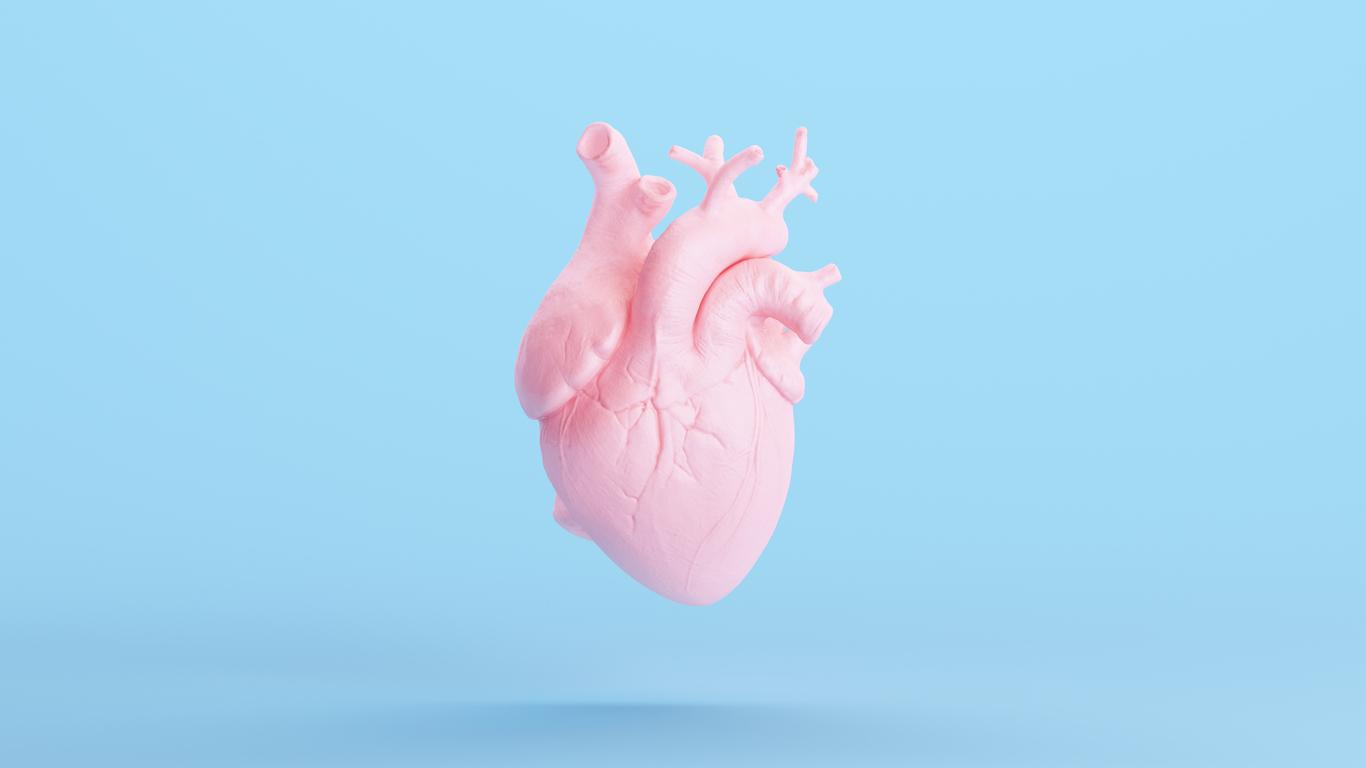
May 5, 2011 – Tai chi is believed to improve the quality of life and well-being of people with heart failure. Its benefits would be comparable to those resulting from the implantation of a pacemaker, concludes a clinical trial conducted on 100 patients suffering from this disease.
American researchers have compared, for 12 weeks, the effects of 2 weekly sessions of 1 hour of tai chi with those of 2 equivalent training sessions designed by the Heart Failure Society of America. Participants were patients with an average age of 67 with systolic heart failure. Half of the subjects attended the tai chi sessions while the other half (control group) participated in the training sessions.
After 12 weeks, those doing tai chi halved their mood disturbances, including symptoms of depression, common in these types of patients, while subjects in the control group remained stable in this regard. . In addition, those who practiced tai chi felt more vigorous while the vigor of those in the control group decreased.
In their conclusions, the researchers point out that the effects observed in patients in the tai chi group are “comparable or superior to those resulting from cardiac resynchronization therapy” using the implantation of a pacemaker.
Although the magnitude of the results of this clinical trial is modest, researchers believe that tai chi may contribute to the well-being of patients with heart failure. It would be appropriate to conduct further trials of this type in order to seek to understand how this practice acts on the metabolism, they add. This slow, meditative type of exercise is believed to help modulate the autonomic nervous system and help stimulate the sympathetic nervous system.
Pierre Lefrançois – PasseportSanté.net
1. Yeh GY, McCarthy EP, Wayne PM et al. Tai chi exercise in patients with chronic heart failure: a randomized clinical trial. Arch Intern Med. 2011 Apr 25; 171 (8): 750-7.

















